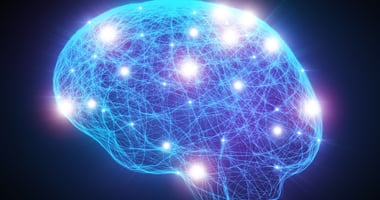Patients with bipolar depression who are not responding to pharmacotherapy may benefit from add-on...
Migraines May Affect Outcomes in Bipolar Disorder Patients, Study Finds
 |
These are several of the findings that Erika Saunders, M.D., executive vice-chair of psychiatry at Penn State Milton S. Hershey Medical Center, and colleagues made in a longitudinal study of 569 subjects—412 of whom had bipolar disorder and 157 of whom served as healthy controls. Thus, "Migraine is a common comorbidity with bipolar disorder and may impact the long-term outcome of bipolar disorder, particularly depression," the researchers concluded in their paper, which appears in the Journal of Clinical Psychiatry.
Their findings have clinical implications, Saunders told Psychiatric News. "Clinicians should screen for migraine headaches in patients with bipolar disorder, particularly adolescents with early onset of bipolar disorder, and clinicians should be alert for hypomania and mixed symptoms in men with migraine. We can hypothesize that poor control of migraine headaches could worsen the course of illness of bipolar disorder, but we don't know from our data if it was the presence of the migraine headaches or whether it was poor control of the migraine headaches that caused the worse depressive outcomes." Saunders added that in treating patients with migraine and bipolar disorder, "I collaborate with the provider treating the migraines to optimize care for improvement of both the mood and pain outcome."
More information about bipolar disorder can be found in American Psychiatric Publishing's Clinical Guide to Depression and Bipolar Disorder. Information on how migraines impact the brain can be found in the Psychiatric News article, "Long-Term Brain Changes Linked to Migraine With Aura."
(Image: Erika Saunders, M.D.)





